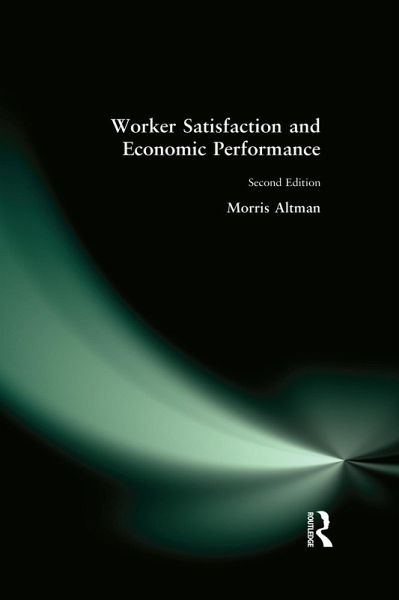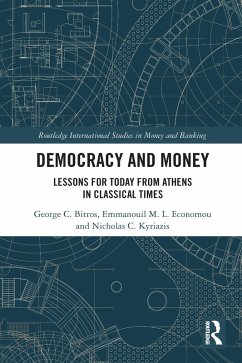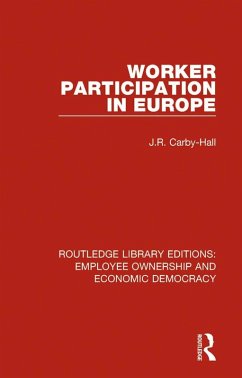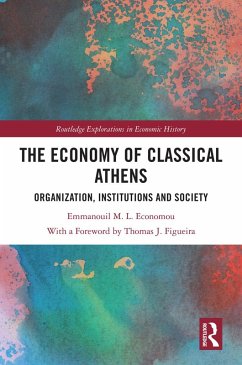
Worker Satisfaction and Economic Performance (eBook, ePUB)

PAYBACK Punkte
26 °P sammeln!
This book challenges some of the fundamental tenets of "free market" economics that have had a profound impact on public policy and the plight of the American worker. These include the beliefs that high wages inevitably mean low profits; that a "free" market will automatically reduce discrimination and pay inequality; that anti-trust legislation hinders competitive market forces; and that minimum wage laws and trade unions negatively impact the economy.Using both theoretical analysis and real-life examples, the author shows that these myths are a product of unrealistic behavioral assumptions o...
This book challenges some of the fundamental tenets of "free market" economics that have had a profound impact on public policy and the plight of the American worker. These include the beliefs that high wages inevitably mean low profits; that a "free" market will automatically reduce discrimination and pay inequality; that anti-trust legislation hinders competitive market forces; and that minimum wage laws and trade unions negatively impact the economy.Using both theoretical analysis and real-life examples, the author shows that these myths are a product of unrealistic behavioral assumptions on the part of "free market" economists about the typical worker. In fact, as the author makes clear, the level of workers' satisfaction with their jobs, as a reflection of how well they are paid and treated by their employers, has a direct impact on the quality level of the products they produce and, inevitably, the economic performance of the firms.
Dieser Download kann aus rechtlichen Gründen nur mit Rechnungsadresse in A, B, BG, CY, CZ, D, DK, EW, E, FIN, F, GR, HR, H, IRL, I, LT, L, LR, M, NL, PL, P, R, S, SLO, SK ausgeliefert werden.













